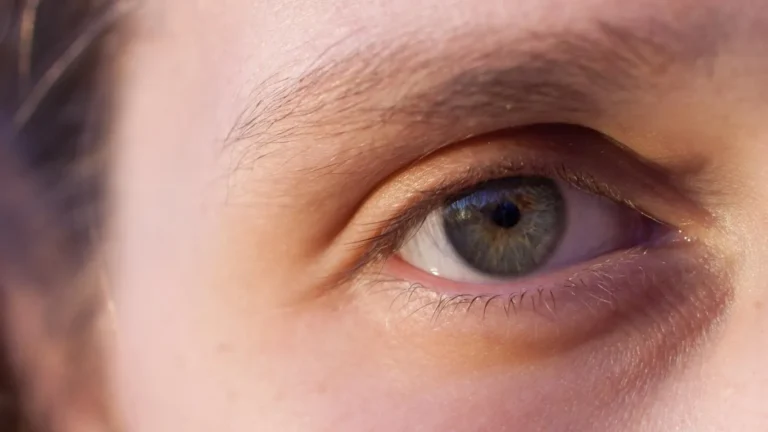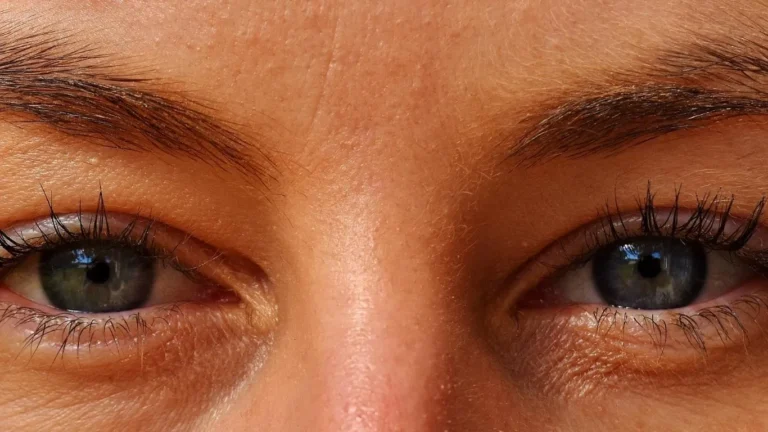Why Lupus Eye Floaters Might Signal Bigger Health Concerns
If you’re living with lupus, you already know how unpredictable it can be. One week you’re doing okay, the next you’re navigating a brand-new symptom. That’s what happened to me last summer—when I started noticing tiny, squiggly shapes drifting across my vision. At first, I thought it was just dust or fatigue. But after weeks of seeing the same little floaters, I got curious. Turns out, these “eye floaters” can be more than just a random visual quirk—they might actually be tied to lupus itself.
What Exactly Are Eye Floaters?
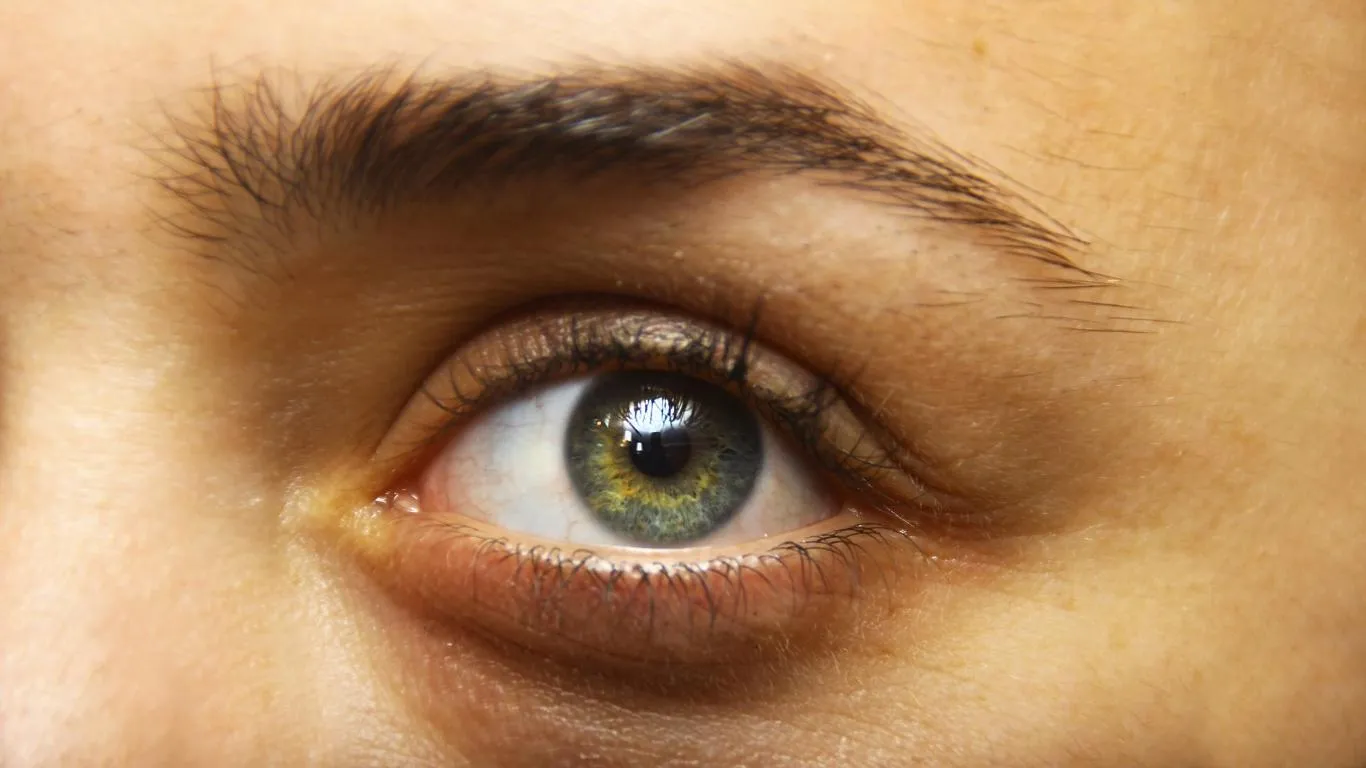
Eye floaters are those shadowy shapes you sometimes notice drifting across your vision. They can look like cobwebs, squiggly lines, or even tiny dots. Scientifically, they’re small clumps of collagen inside the vitreous—the clear gel that fills your eye. As the vitreous slowly shrinks or changes, it can cause these floating fragments to cast shadows on the retina.
For most people, eye floaters are completely harmless. But in lupus patients, the story can get a little more complicated. That’s because lupus doesn’t just affect joints or skin—it can impact organs, blood vessels, and yes, your eyes too.
How Lupus Can Affect the Eyes
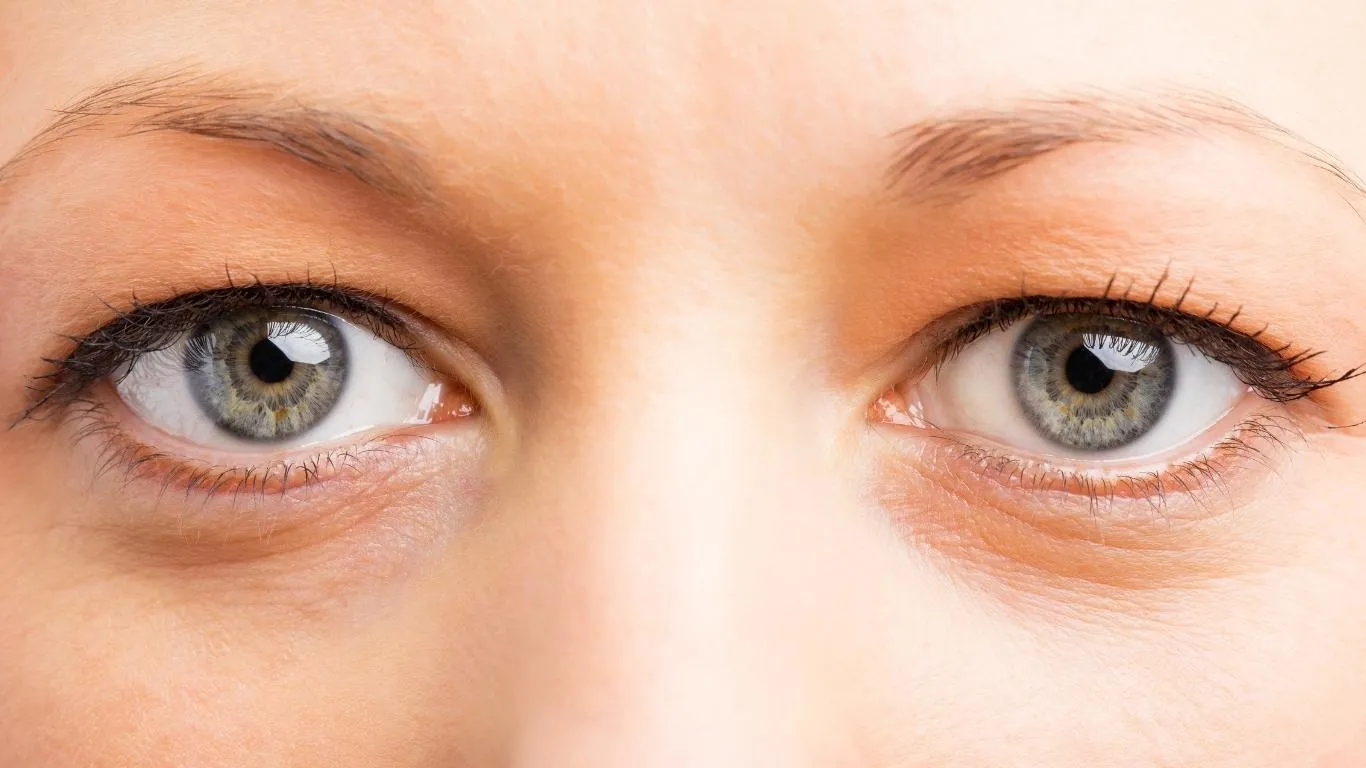
Lupus is an autoimmune disease, which means the body’s immune system mistakenly attacks its own tissues. When it comes to the eyes, lupus can cause inflammation in several areas, such as the retina, optic nerve, and uvea (a middle layer of the eye). This inflammation may trigger or worsen floaters.
Lupus-Associated Conditions That Might Cause Floaters
- Uveitis: Inflammation of the uvea can cause floaters, blurred vision, and light sensitivity.
- Retinal vasculitis: This involves inflammation of the blood vessels in the retina, often leading to visual disturbances like floaters or even vision loss.
- Vitreous hemorrhage: In rare cases, lupus-related blood vessel damage can cause bleeding into the vitreous, which creates floaters that appear suddenly and more densely.
More importantly, floaters in lupus patients might not always be benign. Unlike healthy individuals where floaters are usually age-related, in lupus, they could signal an active flare or a complication that needs medical attention.
Why Lupus Eye Floaters Deserve Closer Attention
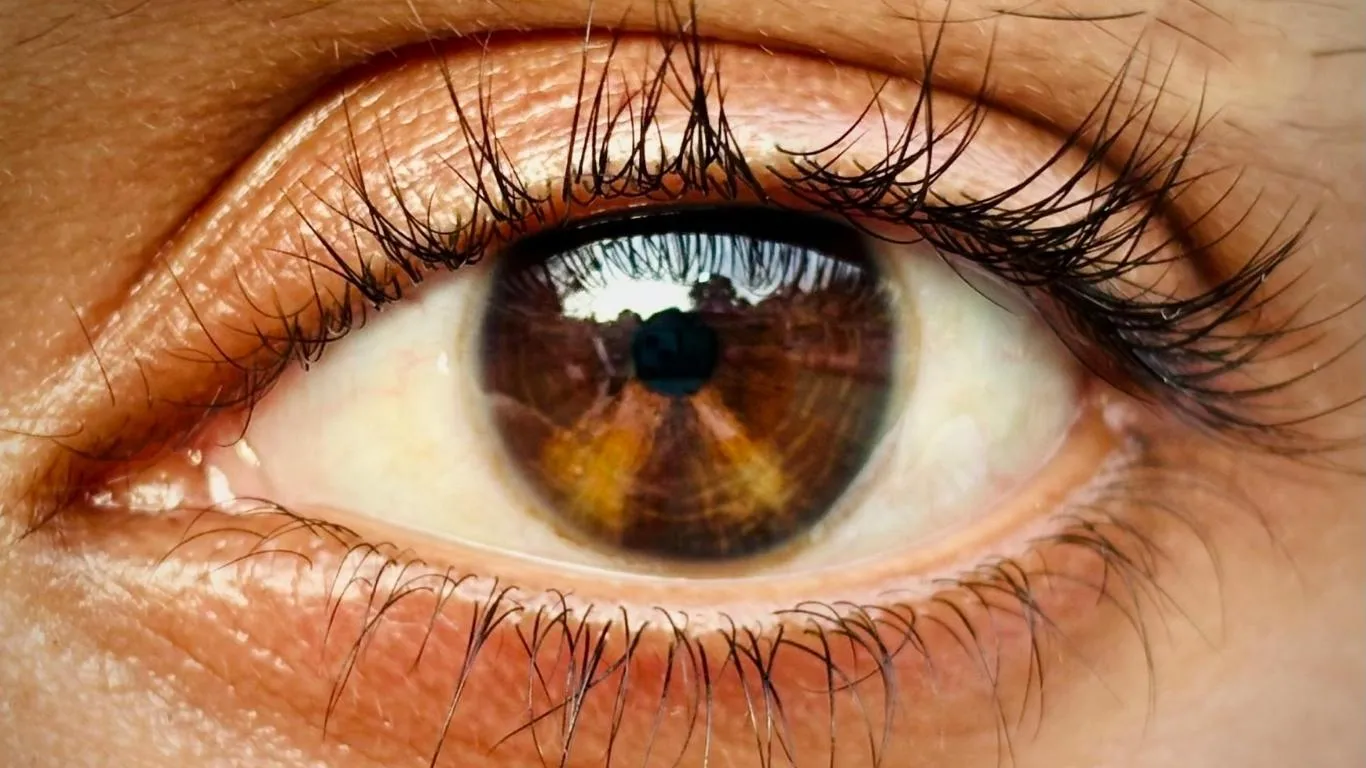
I’ve heard people say, “Oh, floaters are normal,” but that doesn’t always hold true when you’re dealing with lupus. The immune system’s hyperactivity can cause chronic inflammation or damage inside the eye. If left untreated, that damage can become permanent.
It’s also possible for lupus-related medications, like corticosteroids, to play a role. Steroid use can sometimes lead to side effects like posterior subcapsular cataracts or contribute to eye pressure changes, which may also result in floaters or related issues. (source)
How to Tell If Your Floaters Are a Red Flag
- They appear suddenly and in large numbers
- They’re accompanied by flashes of light
- You experience partial loss of vision or a shadow in your peripheral vision
- There’s pain or redness in your eye
In such cases, see an ophthalmologist as soon as possible. These could be signs of retinal detachment, optic nerve inflammation, or active uveitis—all of which require immediate care.
Diagnosis: How Doctors Confirm Lupus Eye Involvement
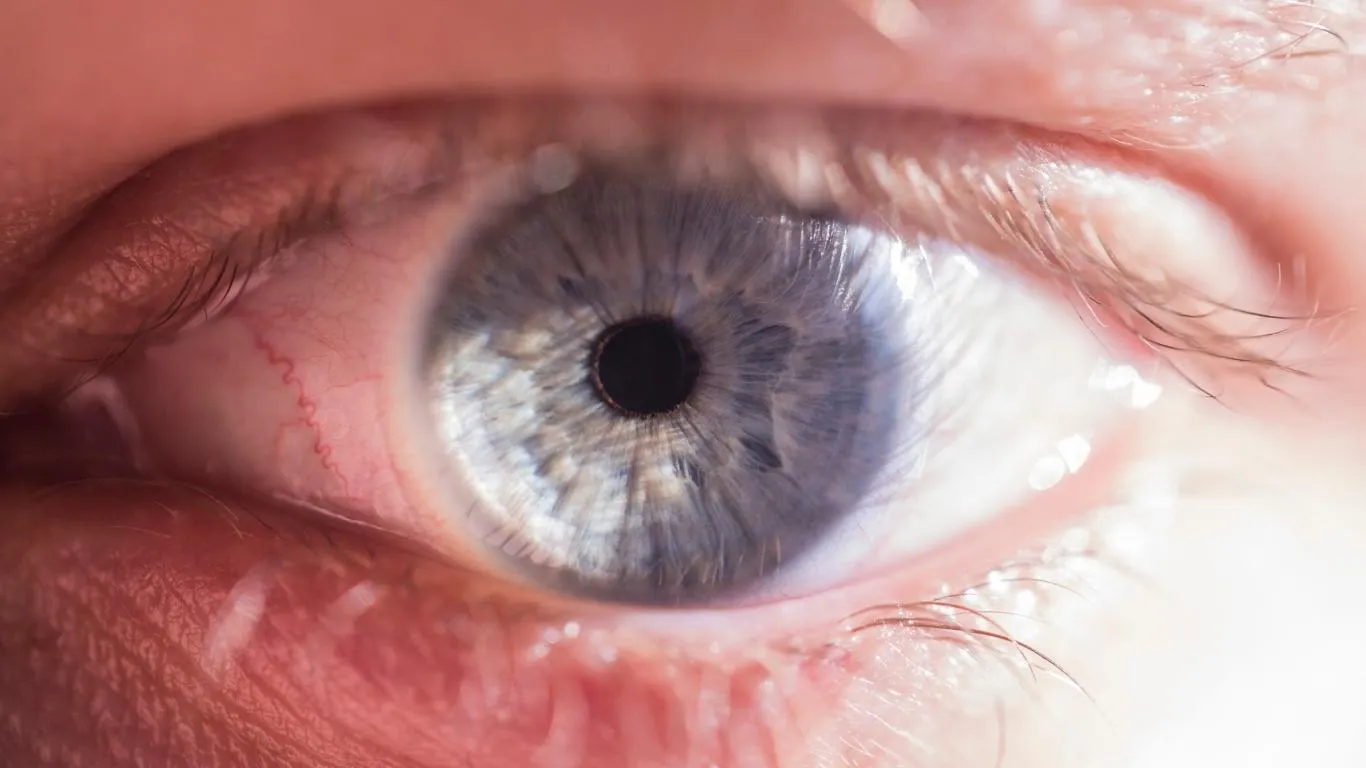
Diagnosing floaters in someone with lupus isn’t always straightforward. Your doctor will likely start with a dilated eye exam to look at the vitreous and retina. If needed, they might recommend imaging tests like fluorescein angiography or optical coherence tomography (OCT) to evaluate blood flow or inflammation.
From personal experience, it helps to work with a specialist who understands both rheumatology and ophthalmology. My rheumatologist actually referred me to a retina specialist when I first reported visual symptoms, and that made a huge difference in getting the right diagnosis early.
Want to dive deeper into how floaters develop in general and the signs you shouldn’t ignore? This detailed guide on eye floater symptoms offers more context beyond lupus-specific causes.
Are Eye Floaters Always Linked to Lupus?
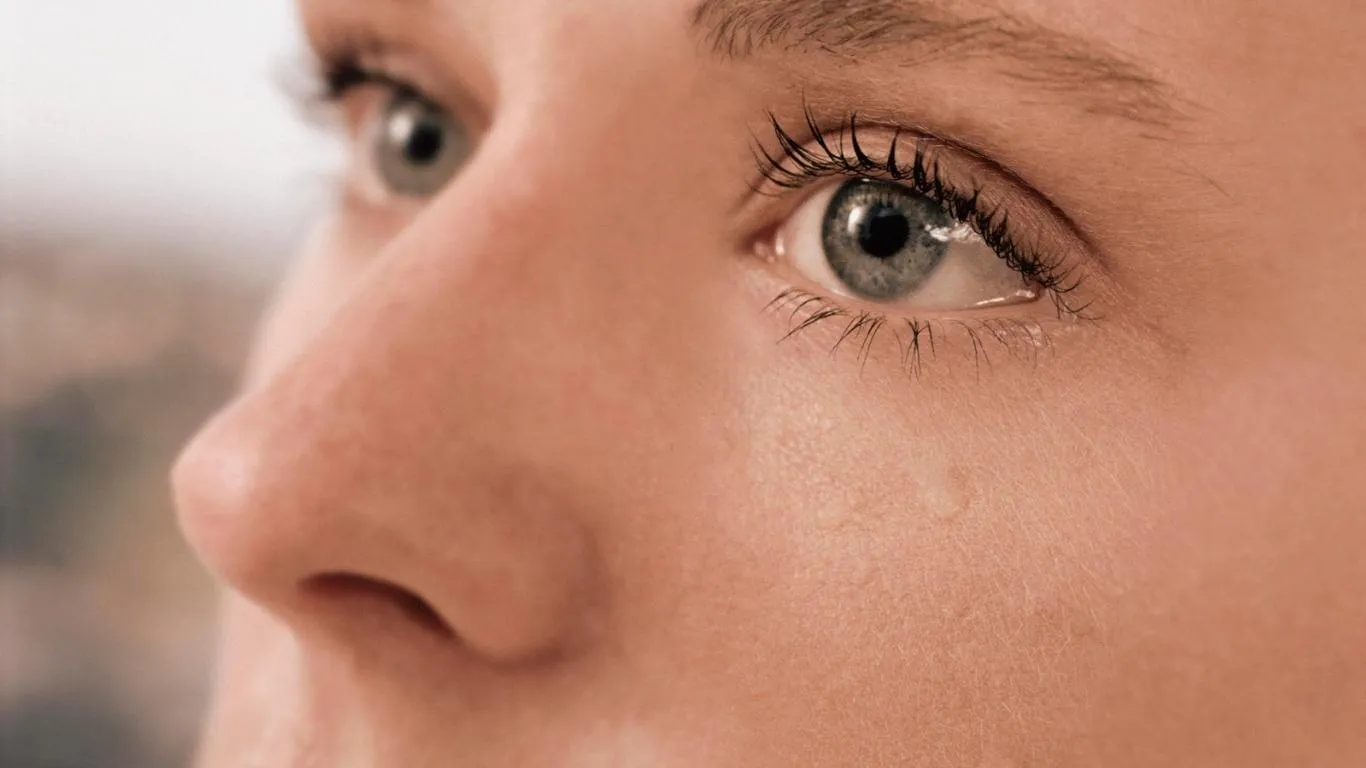
Not necessarily. It’s easy to blame lupus for everything—and believe me, I’ve done that too. But age, dehydration, head injuries, and even stress can also contribute to floaters. For example, I found this helpful read on how stress might make floaters more noticeable.
That said, if you’re a lupus patient, you can’t afford to shrug them off, especially if they’re new, sudden, or increasing in number. Inflammation is a known trigger, and lupus is, after all, an inflammatory condition at its core.
What Can Be Done About Lupus Eye Floaters?
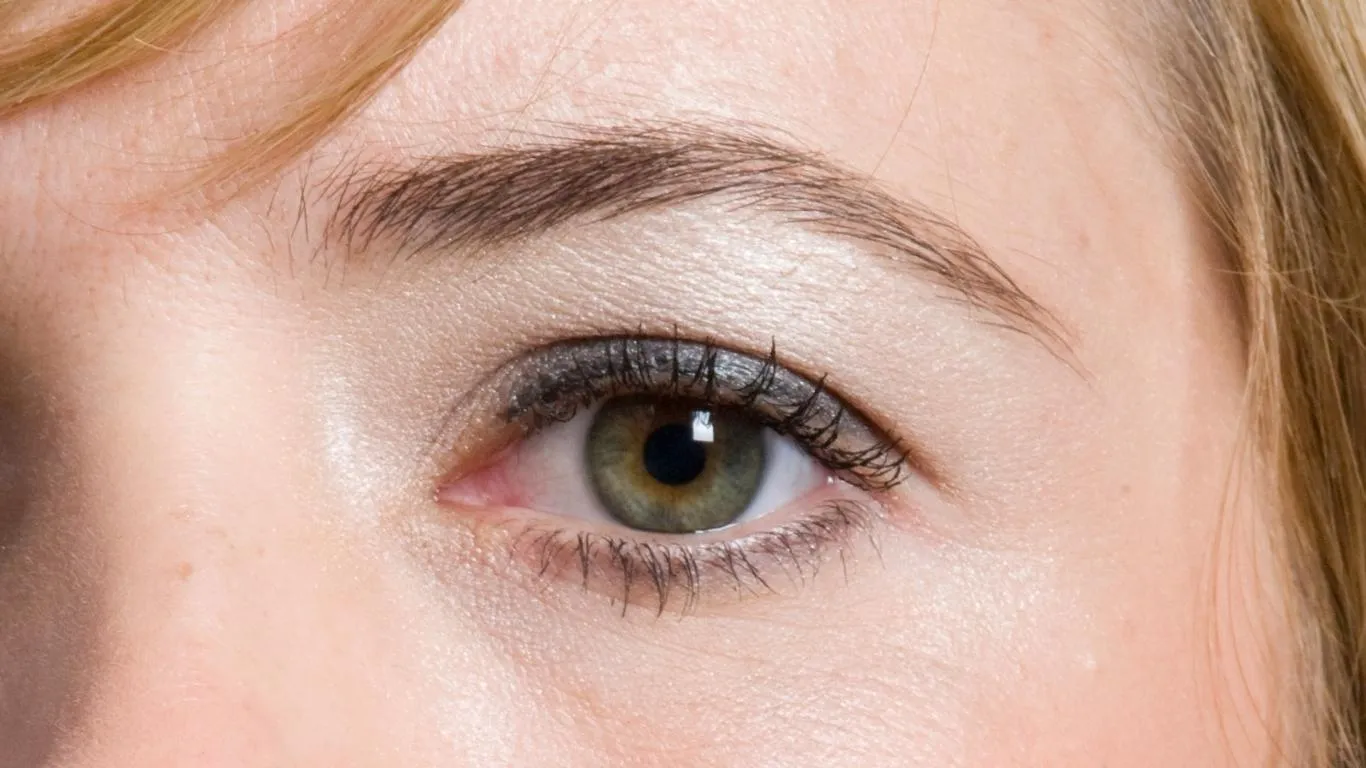
The treatment depends entirely on the underlying cause. If your floaters are due to lupus-related inflammation, managing the flare with immunosuppressants or corticosteroids might reduce their severity. For instance, if uveitis is the culprit, steroid eye drops or injections could be prescribed. In more serious cases—like retinal involvement—intervention may be more urgent.
Most eye floaters don’t need surgical treatment, but if they’re significantly impairing your vision or due to vitreous hemorrhage, procedures like vitrectomy or laser vitreolysis may be considered.
Curious about broader treatment options? Here’s an in-depth breakdown of eye floater treatments based on the root cause and severity.
If you want to explore the core topic of floaters more deeply—including what causes them and when they become serious—check out our main resource: What Are Eye Floaters? Causes, Symptoms, and Treatment Options.
Lifestyle and Prevention Tips for Managing Lupus Eye Floaters

Okay, let’s talk real life. Managing lupus is already a full-time job—adding eye issues to the mix can feel like overload. But there are ways to keep those pesky floaters from taking over your vision or your peace of mind.
Stay on Top of Your Lupus Treatment Plan
Sounds obvious, but it’s worth repeating: keeping lupus under control helps prevent complications—including eye floaters. When your lupus is flaring, inflammation runs wild. That inflammation can extend to blood vessels in your eyes and cause floaters or worse.
I personally noticed fewer visual symptoms when my meds were consistent, my sleep was decent, and I wasn’t running on stress fumes. Your body really does respond to balance.
Protect Your Eyes From Additional Stressors
- Wear sunglasses – Not just a fashion statement. UV rays can increase inflammation and worsen symptoms like photosensitivity or dry eyes.
- Hydrate properly – Dehydration can make floaters more noticeable, especially if you’re prone to them already. (source)
- Minimize screen time – Easier said than done, but constant screen exposure can trigger eye strain and dryness, making floaters more noticeable.
- Keep blood pressure in check – High blood pressure can damage retinal blood vessels and make floaters worse. (read more here)
Regular Eye Exams Are Non-Negotiable
This one’s personal for me. I skipped my annual eye check one year because “everything seemed fine”—big mistake. A slow-developing retinal issue went unnoticed until floaters practically hijacked my vision.
Now, I see an ophthalmologist every 6-12 months, depending on how active my lupus is. Ask your doctor if you should see a retina specialist, especially if you’ve had previous eye involvement or are on long-term steroids.
When Lupus Meds Might Be the Culprit
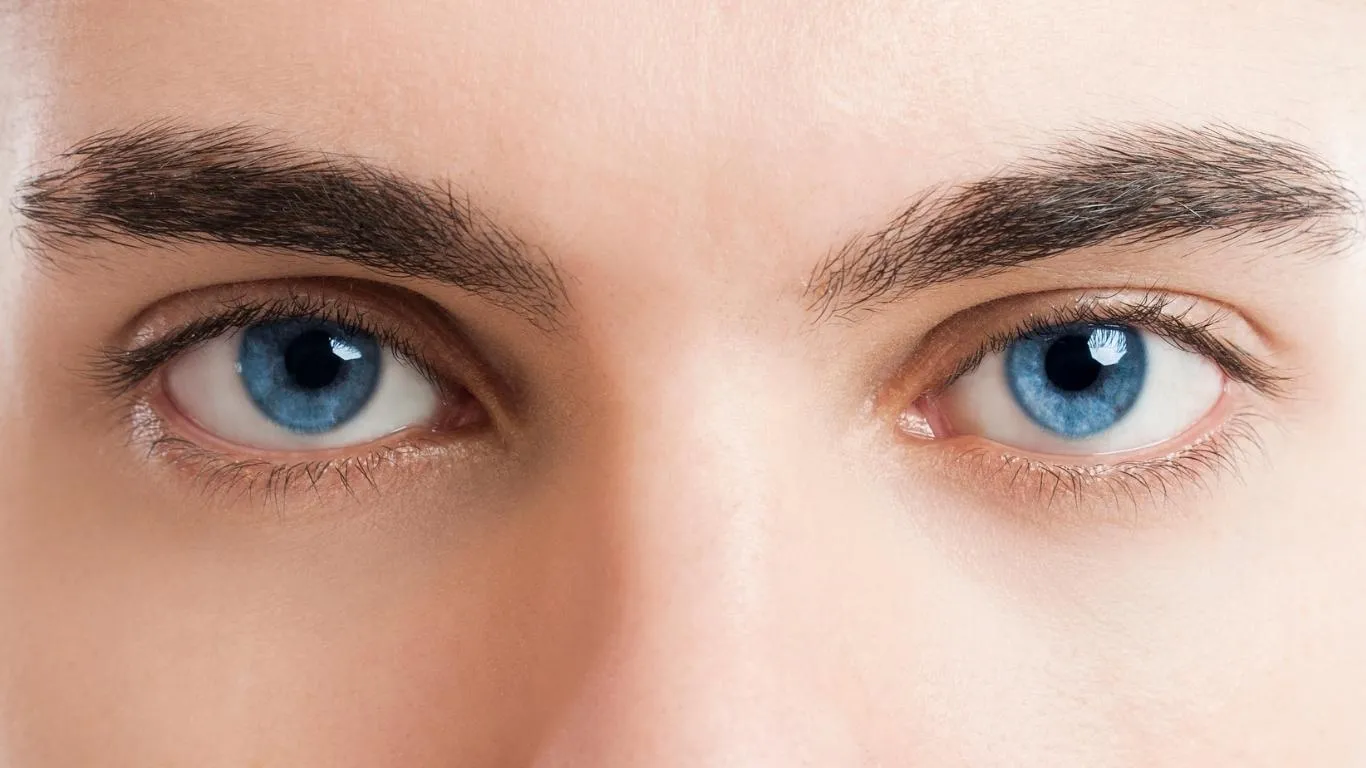
Let’s not forget the double-edged sword that is lupus medication. While drugs like corticosteroids and immunosuppressants help tame inflammation, they can also have side effects that affect your eyes.
- Steroid-induced cataracts – Especially posterior subcapsular types, which may increase light scatter and make floaters more noticeable.
- Increased intraocular pressure – Long-term steroids can raise eye pressure, potentially contributing to floaters and even glaucoma if untreated.
- Retinal thinning – Rare, but something to keep an eye on (pun intended) with certain immunosuppressants.
It’s not about avoiding these meds—it’s about balancing risk and benefit. Talk to your rheumatologist and ophthalmologist about whether any visual symptoms you’re experiencing might be med-related.
When to Seek Emergency Eye Care
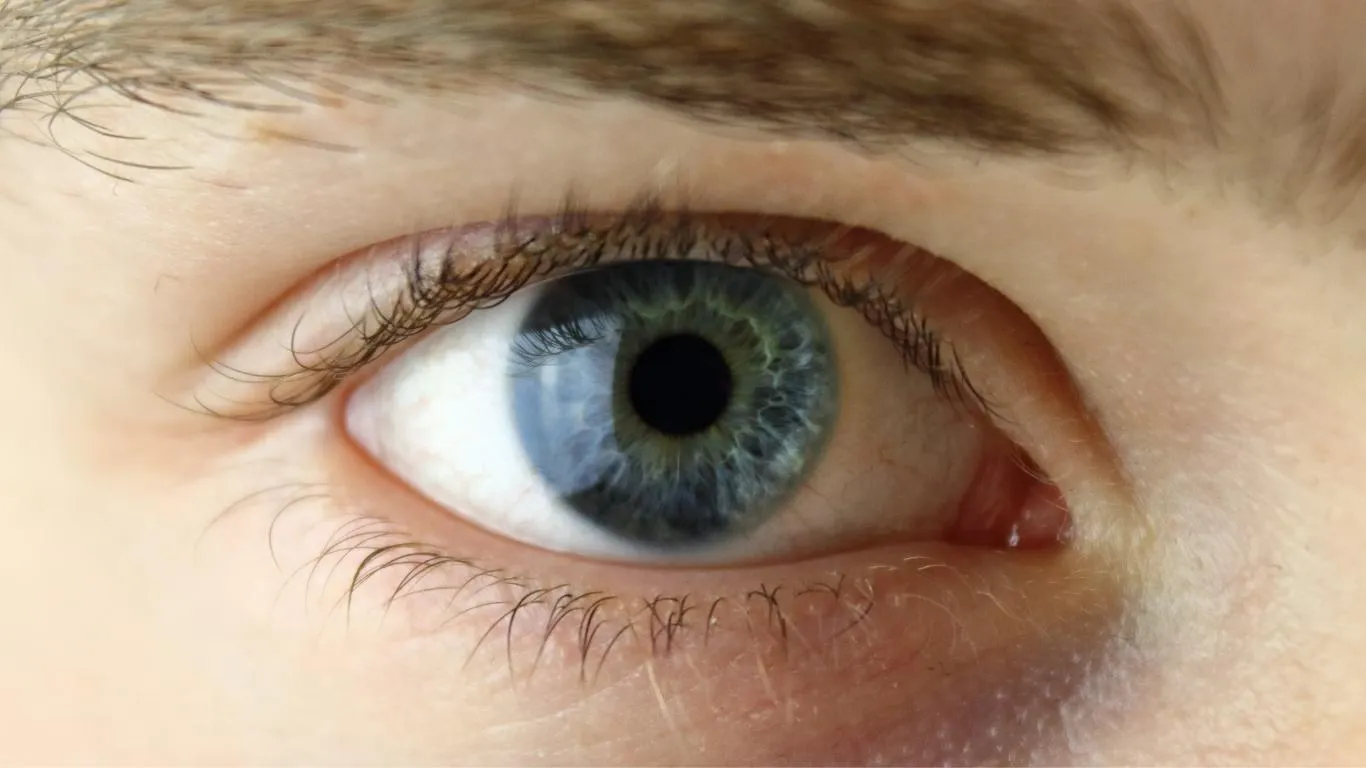
Most eye floaters in lupus are a slow burn—not exactly urgent, just super annoying. But in some cases, they can signal something more serious.
Call your eye doctor ASAP if you notice:
- A sudden explosion of floaters
- Flashes of light
- Dark curtain over your field of vision
- Eye pain, redness, or pressure
These could be signs of retinal detachment, acute uveitis, or even bleeding inside the eye. All of which are far more treatable when caught early.
I had one scary episode where floaters suddenly doubled, and I saw lightning-like flashes at night. Thankfully, it wasn’t retinal detachment—but it was uveitis, and I was glad I got checked quickly. Never feel silly for getting your eyes looked at.
Real Patient Concerns About Lupus and Eye Floaters

Lupus patients often share some of the same fears and frustrations about eye floaters. Here are some common questions I’ve seen (and asked):
“Is this the beginning of blindness?”
Usually not. Most floaters are benign, even in lupus. But they do deserve attention—especially if they appear with other symptoms like light flashes or vision loss.
“Are eye floaters reversible?”
In most cases, floaters fade or become less noticeable over time. But they don’t always go away completely. Inflammatory floaters tied to lupus flares may improve once the inflammation is treated.
“Should I stop my lupus meds if I get floaters?”
Definitely not without talking to your doctor. Your meds are controlling your disease. But if they’re contributing to eye issues, your care team can help adjust your treatment plan safely.
Helpful Lifestyle Habits for Long-Term Eye Health
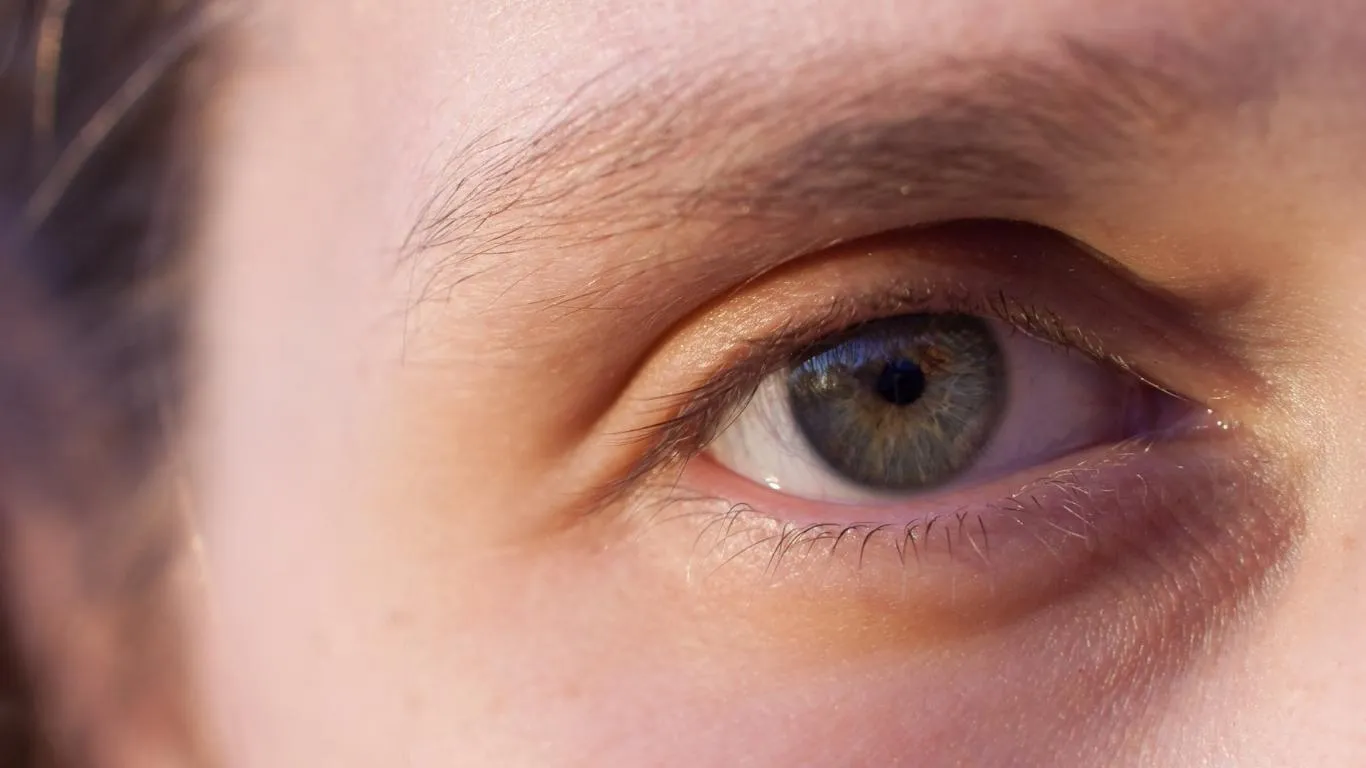
Here’s a quick list of go-to habits that have helped me—and might help you too:
- Eat more eye-friendly nutrients – Leafy greens, omega-3s, and vitamin A support retinal health.
- Track symptoms – Use a journal or app to monitor visual changes, especially during flares.
- Stay informed – The more you understand your body, the more confident you’ll feel spotting early signs of trouble.
- Build a care team – Having a rheumatologist and an ophthalmologist who communicate well can be a game-changer.
One resource I found incredibly insightful for distinguishing eye floaters from other eye issues is this comparison article: Eye Floaters vs. Other Eye Problems.
Empowerment Through Education
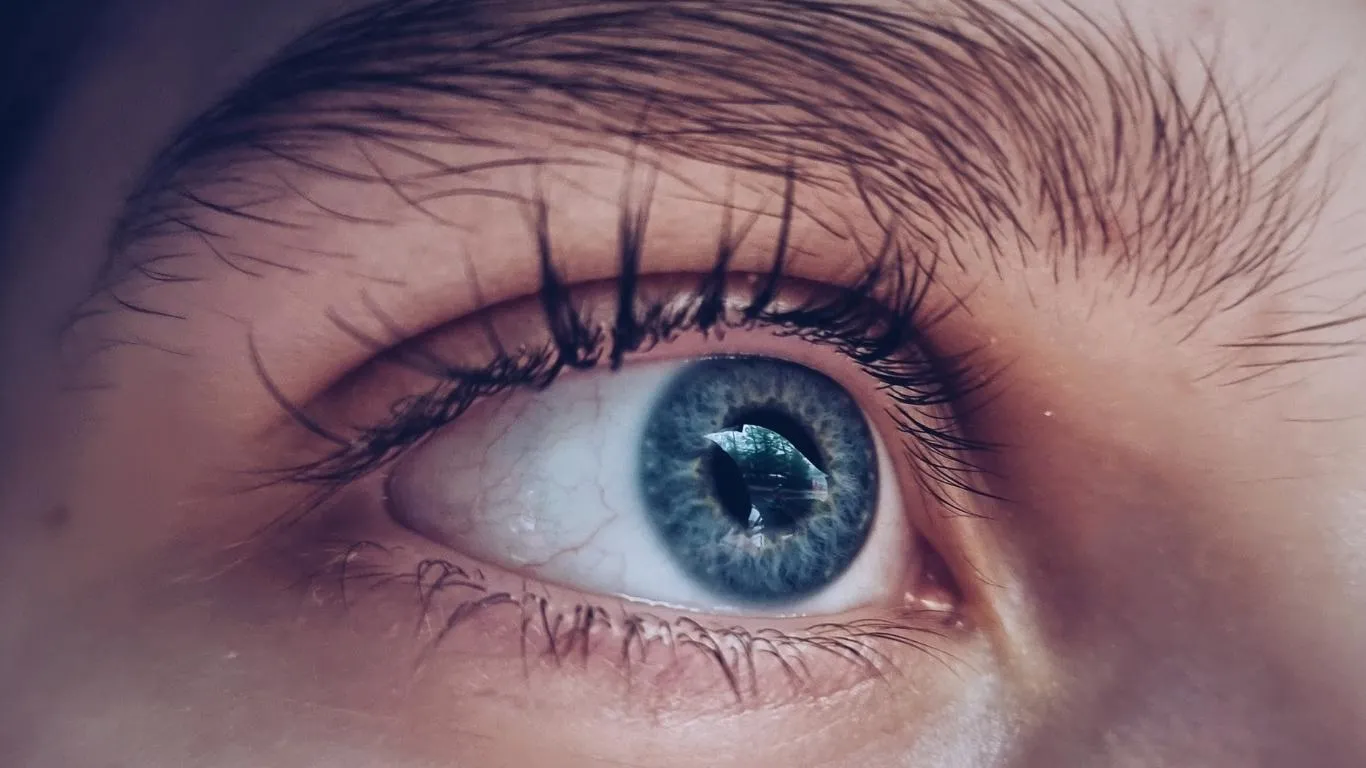
When I first experienced eye floaters, I didn’t know where to start. It took some digging, talking to doctors, and learning from other patients to understand what was happening in my eyes. I hope this breakdown helps you feel a little less overwhelmed and a lot more equipped.
Knowledge isn’t just power—it’s peace of mind. And for anyone living with lupus, that peace of mind is priceless.

Camellia Wulansari is a dedicated Medical Assistant at a local clinic and a passionate health writer at Healthusias.com. With years of hands-on experience in patient care and a deep interest in preventive medicine, she bridges the gap between clinical knowledge and accessible health information. Camellia specializes in writing about digestive health, chronic conditions like GERD and hypertension, respiratory issues, and autoimmune diseases, aiming to empower readers with practical, easy-to-understand insights. When she’s not assisting patients or writing, you’ll find her enjoying quiet mornings with coffee and a medical journal in hand—or jamming to her favorite metal band, Lamb of God.

